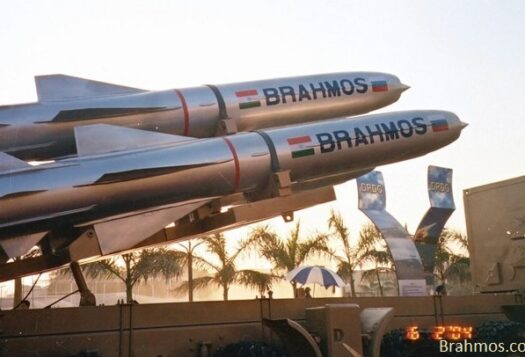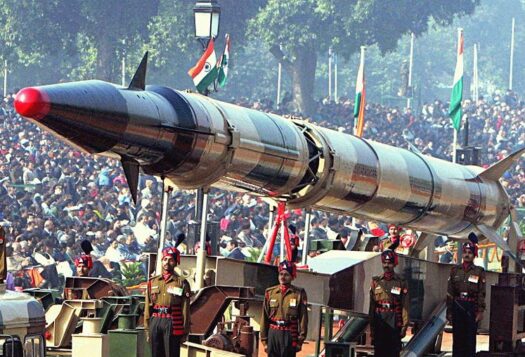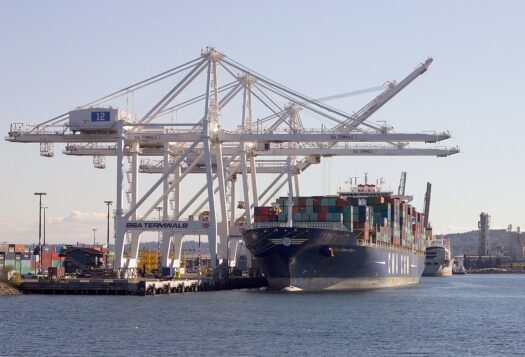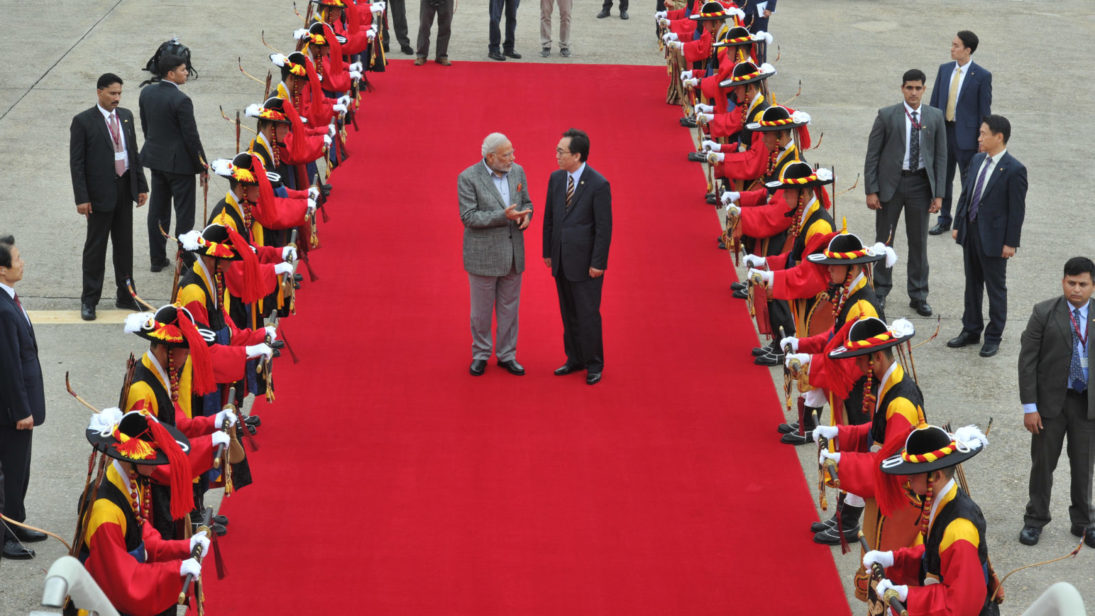
Last month, in response to North Korea’s alleged hydrogen bomb test, the United Nations Security Council adopted sanctions under Resolution 2375, which slashed oil exports to North Korea by 30 percent along with a ban on North Korean textile exports, a major export industry. Importantly, China and Russia also signed onto this new set of strict sanctions. In addition to UN sanctions, a September 20th U.S. presidential executive order targeted eight North Korean banks and 26 individuals operating in China, Russia, Libya, and the United Arab Emirates, choking the country’s commercial and financial connections.
Such sanctions are now part of a long history of using economic tools to pressure North Korea. However, the efficacy of economic and diplomatic sanctions has been called into question due to their failure to halt North Korea’s missile and nuclear weapons programs. As such, it may be worthwhile to consider whether a policy of economic isolation is the most appropriate strategy to curb North Korea’s nuclear ambitions. Rather, a policy of focused economic integration, led by North Korea’s largest trading partners (e.g., China, India, Thailand, and the Philippines among others) could prove more effective in dealing with North Korea than doubling down on multilateral sanctions.
Sanctions: A failed strategy?
While sanctions appear to be the preferred response to North Korea’s recent actions, the evidence supporting the efficacy of economic sanctions is not always clear. According to a recent report from the South Korean government-affiliated Korea Trade-Investment Promotion Agency, North Korean trade grew by five percent in 2016 despite North Korea’s “two nuclear tests, a bevy of missile tests, and two new security council resolutions.” By another account, North Korea’s GDP growth rate (3.9 percent) reached a 17-year high in 2016.
There are several possible factors that account for North Korea’s resilience to sanctions, first and foremost its cozy relationship with China, which makes up 93 percent of North Korea’s overall trade. Moreover, North Korea has also been able to exploit existing loopholes in UN sanctions to accrue billions in foreign currency. Such tactics include selling fishing rights to North Korean waters, forced remittances from North Korean laborers working in China, and fraudulent labeling on textile products. Even while the most recent set of sanctions represents a positive step forward, North Korea’s indifference to being cast as a “pariah state” and its unwillingness to cut down on defense and military expenditures indicates that sanctions may ultimately prove a flawed strategy to alter the regime’s behavior.
Using economic integration as leverage
One of the most powerful theories in international relations is liberal institutionalism, which highlights the importance of complex interdependence. Increasing economic linkages between nations, this theory argues, is the best way to ensure cooperation and reduce the possibility of war as both parties benefit economically from maintaining smooth relations.
This idea is applicable to North Korea. Embedding the North Korean economy in the international community would subject its domestic economy to the rules of the global free market, provide much needed leverage over the regime, and, in the long-term, deter it from pursuing its nuclear aspirations.
Critics will argue that any increase in economic cooperation with North Korea would amount to rewarding a rouge, repressive state with trade revenue it could then funnel into its missile and nuclear programs. As such, unless a strategy of economic integration is paired with regime change, it will ultimately fail in altering North Korea’s behavior.
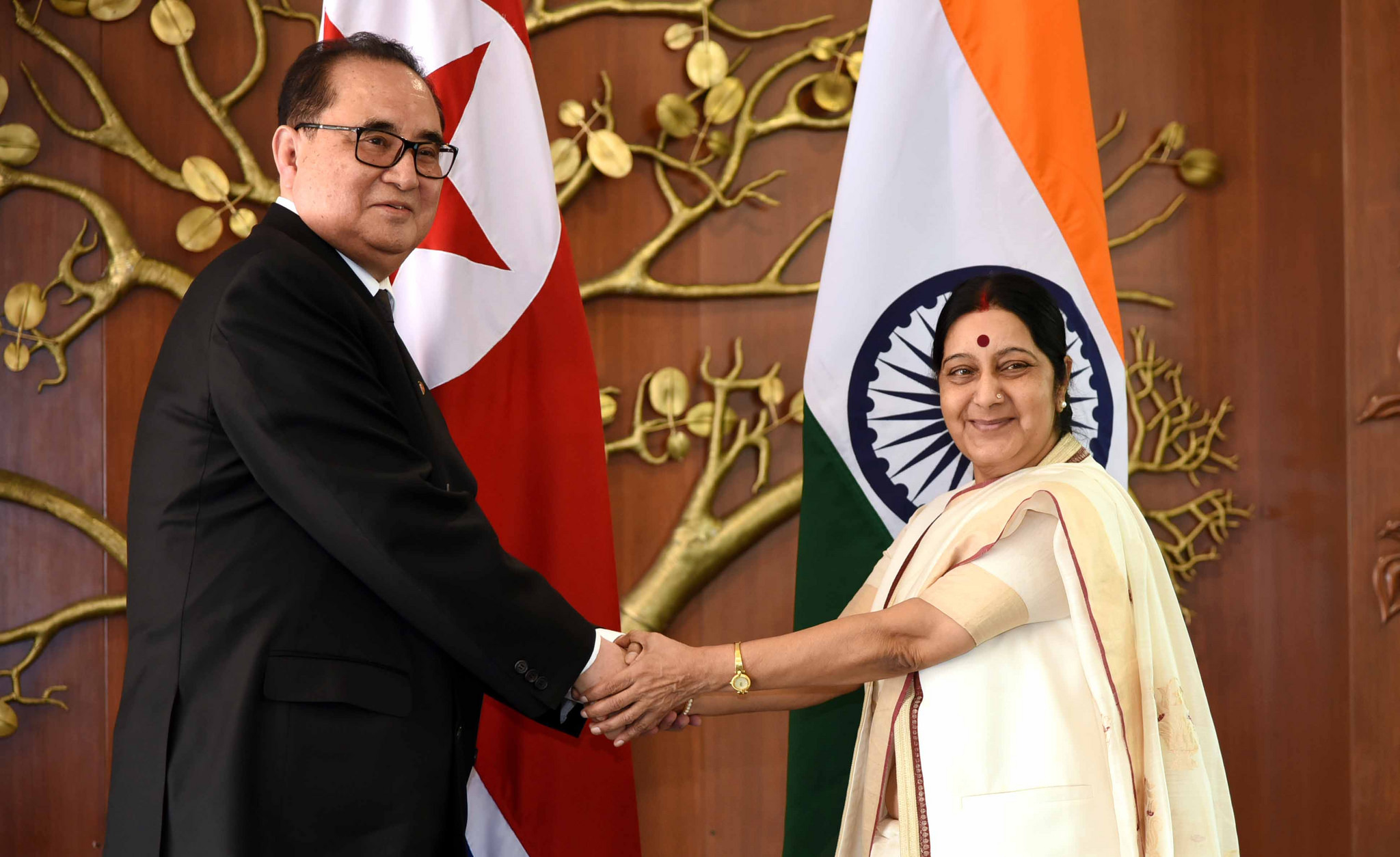
However, it is important to understand that the behavior of the North Korean regime is the direct result of the constant threat of regime change. A key point of evidence for Kim Jung-un was the fate of Muammar Qaddafi in Libya. Despite dismantling his nuclear weapons program in 2003, Qaddafi was still overthrown in 2011 by a coalition of Western powers. As such, Kim Jung-un is unlikely to surrender his nuclear arsenal and thereby surrender his leverage. Even some UN officials have begun to take the view that regime change cannot be part of the equation in resolving the crisis.
As such, any solution to the North Korean crisis must begin with robust diplomacy to bring North Korea to the negotiating table and mitigate the immediate nuclear threat. These initiatives should be followed by a plan to gradually liberalize the North Korean economy. To ensure that trade revenue is not diverted towards North Korea’s military, strict regulating mechanisms would need to be put in place with an eye towards counteracting any loopholes North Korea might find to circumvent the rules. Unavoidably, however, a “trust but verify” mentality would be an important part of any negotiations to open North Korea’s economy.
There is some evidence that South Korea’s Sunshine Policy of the early 2000s led to real political, economic, and cultural exchanges that helped mitigate the fear of war on the Korean peninsula. North Korea’s largest trading partners could aid current South Korean President Moon Jae-in in such an endeavor to deescalate tensions through economic integration. As one of North Korea’s significant trading partners, India should consider leading the way.
How India could enter the picture
Since 2002, India has been a major humanitarian aid donor to North Korea, particularly through food aid. Until earlier this year when India suspended trade with North Korea, India was North Korea’s second largest trading partner after China, accounting for 3.5 percent of its exports and 3.1 percent of its imports. If this bilateral trade relationship had advanced further, India could obtain more leverage in pressuring Pyongyang to halt its nuclear weapons program in exchange for economic benefits. However, given that India makes up only a small amount of North Korean trade, additional international partners are required to bring to bear significant pressure against the North Korean regime.
First among such partners would be China, as North Korea’s dominant strategic and economic relationship. Given China’s strategic interest in protecting the status quo on the Korean peninsula, India would likely find a willing partner in Beijing. The United States has also voiced support for India’s role in communicating the seriousness of the current crisis to Pyongyang. Thailand and the Philippines, as other North Korean trading partners in range of its missiles, could also play a significant role. The combined clout of these states would provide North Korea with an additional set of interlocutors by which to identify a negotiated solution and allow the international community to wield additional leverage over the regime.
For India, the terms of such an initiative must be carefully analyzed by factoring in North Korea’s allegedly close ties with Pakistan. As one of Asia’s rising powers, however, India should have an important role in identifying innovative methods to engage the North Korean regime in order to draw them away from isolation and aggression towards slow and careful engagement with the international community.
***
Image 1: MEAphotogallery via Flickr.
Image 2: MEAphotogallery via Flickr.
